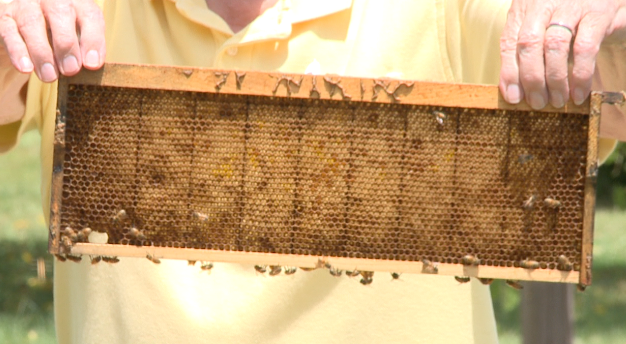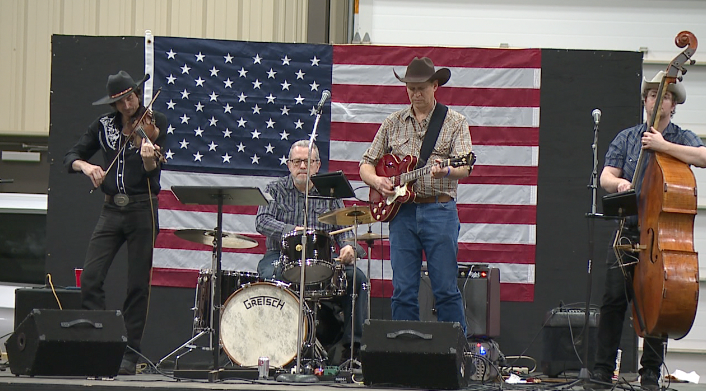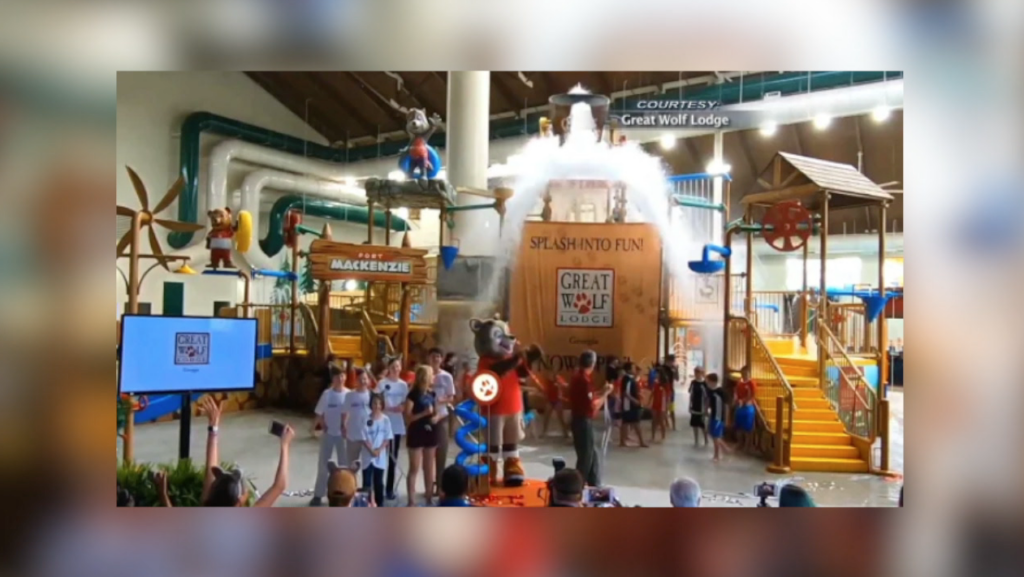National Pollinator Week addresses bee population decline

[gtxvideo vid=”plrbb0VI” playlist=”” pid=”OTSe9U1y” thumb=”http://player.gtxcel.com/thumbs/plrbb0VI.jpg” vtitle=”Bee Population Decrease”]
MADISON COUNTY, Tenn. — This week is National Pollinator Week. What exactly is a pollinator? It’s an insect, such as a honey bee, that helps carry pollen between plants, which helps them grow. Pollinators are essential for growing most of the produce we eat, but there’s a problem — pollinator populations are dropping. If you don’t have a pollinator, you don’t have a crop. Over the last decade, records show insect pollinators, like bees, have dropped in population. “Of the 100 crop species that provide 90 percent of the worlds food population, over 70 percent are pollinated by bees,” said Diane Graves, vice president of the Jackson Area Beekeepers Association. Graves said if the pollinator population doesn’t increase, farmers could have to start hand pollinating each plant, which would significantly increase cost. “That pear that you eat for lunch today that maybe cost 50 to 75 cents, it could go up to 5 dollars when you have to pay someone to pollinate that pear,” she said. The Beekeepers Association lost 40 percent of their bees over the winter after entire colonies died. The hive contains one queen bee and 40,000 to 80,000 female worker bees. Ornamental horticulture specialist Carol Reese said there has been an impact on certain crops as well as the plants that grow in the wild. “Just not having plants in the wild, 65 percent of our plants in the wild are also insect pollinated, and those plants produce the air that we breath,” Reese said. If your fruit plants aren’t producing fruit, experts say to contact your local beekeepers association who may be able to help.












